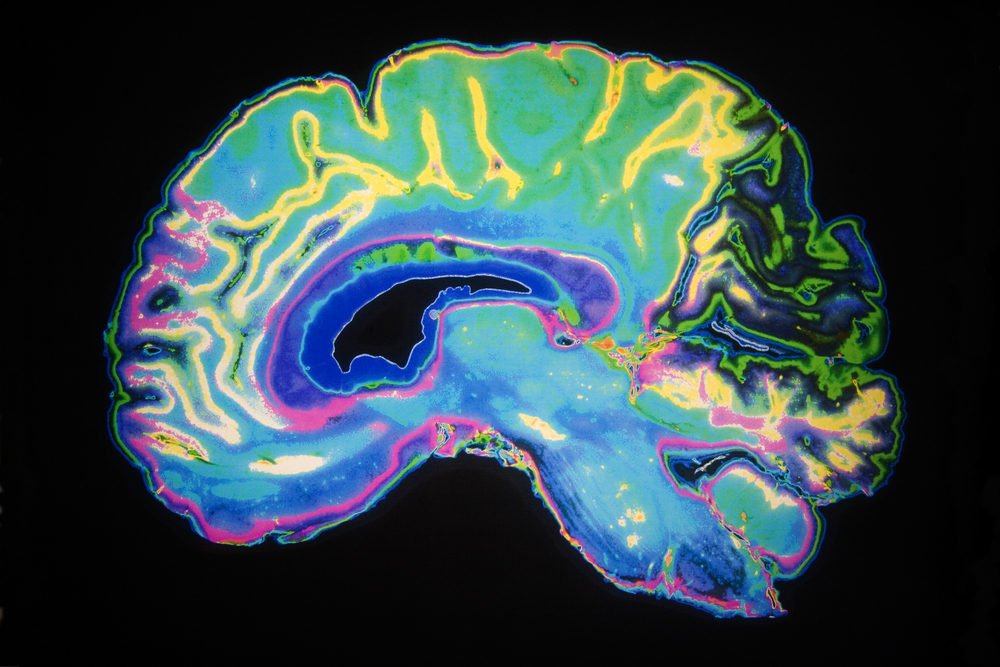Neuronascent Granted Third US Patent for Potential Methods to Treat Alzheimer’s, Other Disorders
Written by |

Neuronascent has been issued a U.S. patent for methods of stimulating neurogenesis and/or inhibiting neuronal degeneration that have potential therapeutic applications in Alzheimer’s disease, Parkinson’s disease, post-traumatic stress disorder, depression, and other psychiatric disorders.
The biopharma Neuronascent discovers and develops novel therapeutics aimed at halting or reversing neurological disorders.
The new patent (No. 9,539,261) expands the company’s scope of patent protection to several new groups of compounds that could potentially improve treatments for patients suffering from neurodegenerative and neuropsychiatric disorders.
Patients of Alzheimer’s disease often lose their ability to learn, remember, reason or make decisions, as do patients of traumatic brain injury and many diseases that cause neuronal loss.
According to Neuronascent, neurogenesis could be used to treat Alzheimer’s if nascent neurons can survive long enough to produce functional neurons. This means there is a need for a neurogenic agent that promotes the proliferation of a neuronal precursor and that causes the differentiation and survival of the neurons.
The patent follows effectiveness and safety studies, which are required before any human testing is approved.
“We are pleased with the expansion of patent protection for our small-molecule agents aimed at improving the lives of patients and their caregivers, especially those affected by cognitive disorders and dementia,” Judith Kelleher-Andersson, PhD, founder and CEO of Neuronascent, said in a press release.
“Neuronascent’s drug development programs attempt to go beyond neuroprotection alone, which has been the focus of intervention for decades, to stimulate new neuron growth and maturation that aims to halt or reverse dementia,” Kellerher-Andersson added.
According to the Alzheimer’s Association‘s reports, in 2010 there were about 5.3 million people living with Alzheimer’s disease in the United States, and it was the seventh leading cause of death in the country. In 2016, 5.4 million people are estimated to have the disease, and it is now the sixth leading cause of death in the U.S. However, the number could be higher, because complications from Alzheimer’s disease, such as pneumonia, cause many deaths that otherwise would not have happened.
Subscribe to Alzheimer’s News Today, a free, weekly newsletter delivered directly in your email inbox.





